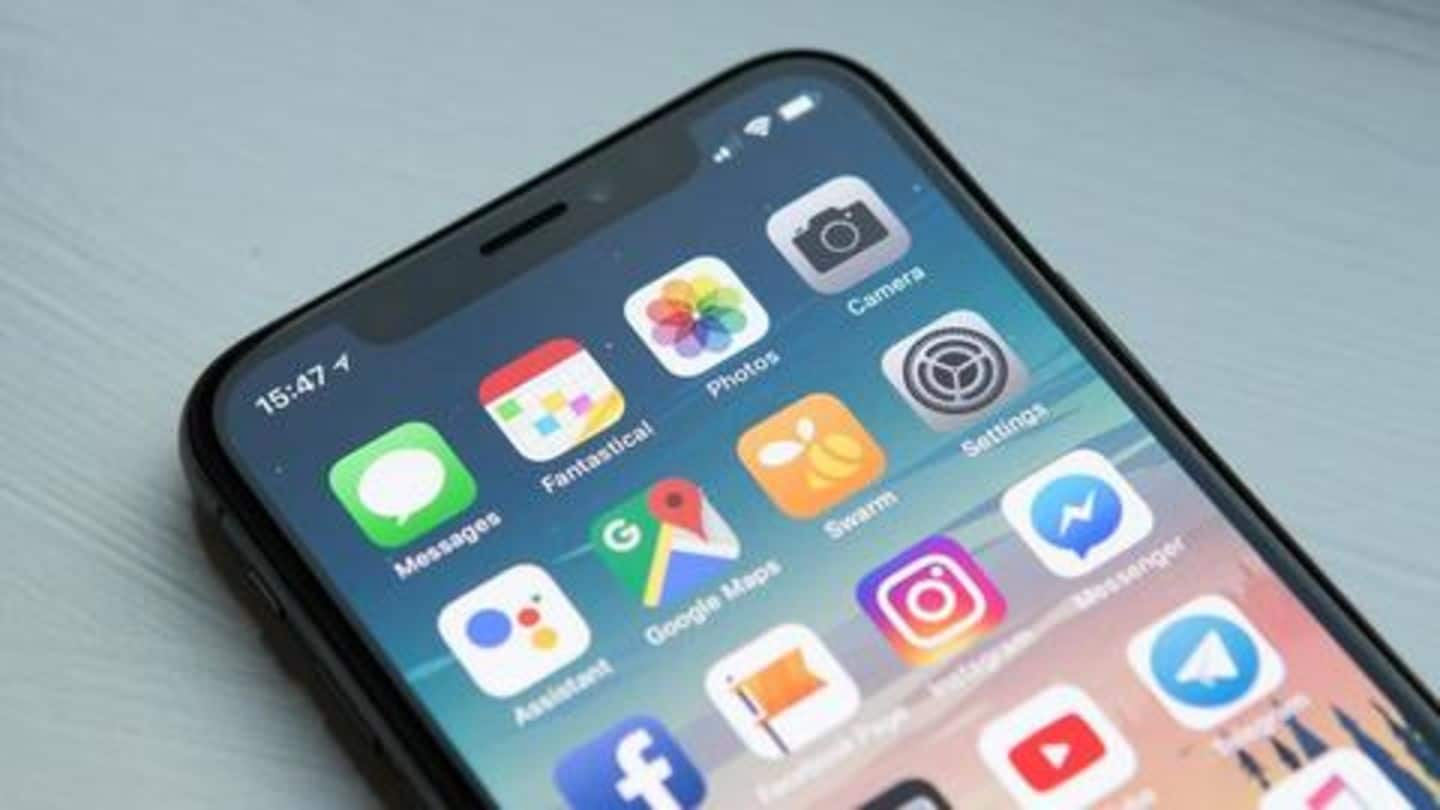
Company sells virtual iPhone, now being sued by Apple
What's the story
Apple has initiated legal proceeding against a company that it says has been illegally creating and selling virtual iPhones. Corellium has been providing a way to use different iPhone models virtually on a computer to help security researchers find and study loopholes in them. However, Apple claims it has violated their copyrights for the iPhone, iPad and iOS. Here's more on the matter.
Software
How Corellium offers virtual iPhone?
Corellium touts itself as "the first and only platform to offer iOS virtualization on ARM," which is something similar to Bluestacks for Android. Their portal pulls up a replica of the iPhone's interface on a PC, thereby allowing the user to switch between different models of the device or different versions of iOS virtually. Notably, it even replicated the iPad in the same way.
Advantage
This allowed researchers to detect bugs
According to TechCrunch, Corellium's founders have roots in the iOS jailbreaking. However, this particular business, the company has emphasized, is completely legal and aimed at giving security researchers a way to find issues in different iOS builds. Basically, the option to switch between different iOS versions and iPhone models allows researchers to see how long a bug has existed and its impact.
Lawsuit
Apple, however, is not happy
Corellium's idea of selling virtual iPhone copies wasn't obviously liked by Apple. The Cupertino giant recently filed a lawsuit against the company, accusing it of infringing on its copyrighted works, including the iPhone OS, "graphical user interface and other aspects of the devices without permission." Its quick action clearly indicates that the virtual replica is a definitely close match of the real deal.
Quote
Here's what the company's counsel said on the matter
"The purpose of this lawsuit is not to encumber good-faith security research, but to bring an end to Corellium's unlawful commercialization of Apple's valuable copyrighted works," Apple's counsel stated in the complaint associated with the matter.
Concerns
Other probable concerns behind this action
Some reports also say that Apple's move could have been driven as part of an effort to end the misuse of Corellium's tool. The program has previously been used by some researchers to detect and sell vulnerabilities to third-party exploit traders who sell the discoveries to ill-intended hackers, posing a threat to the security of iPhones and iPads.